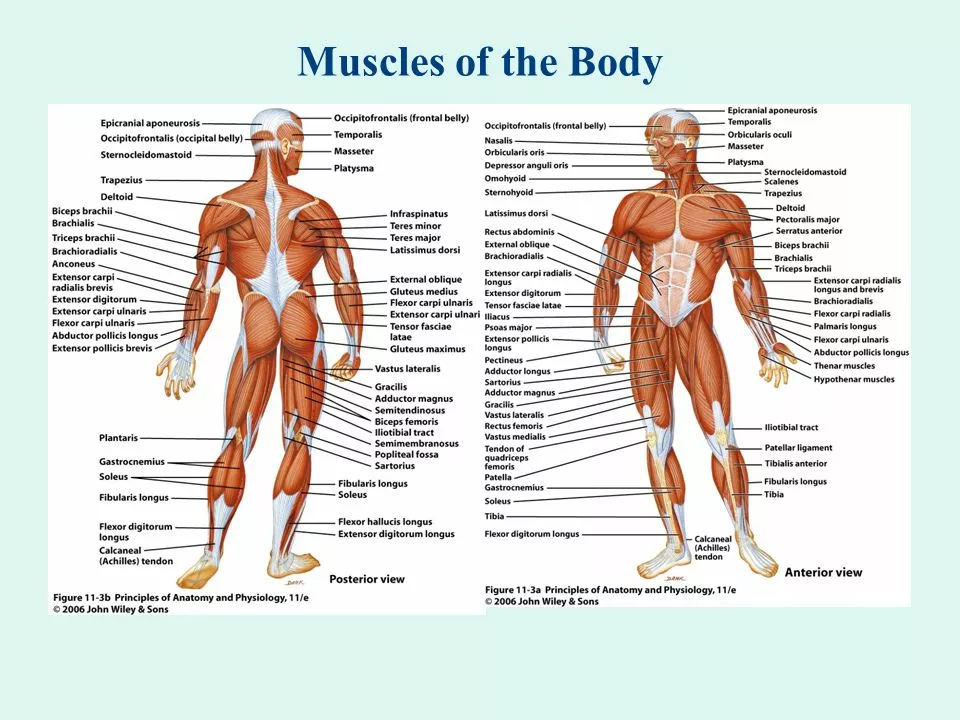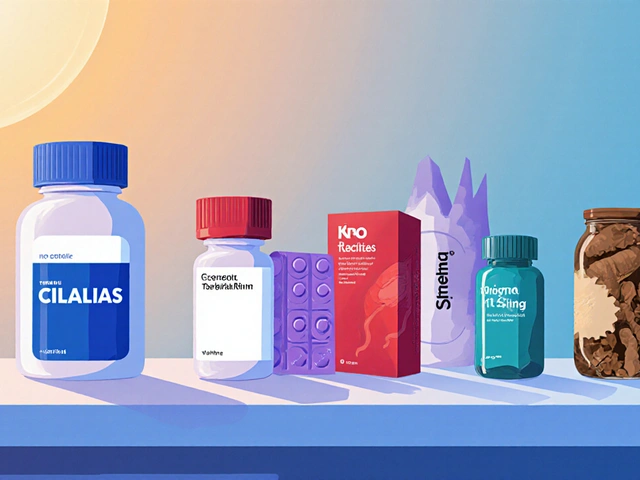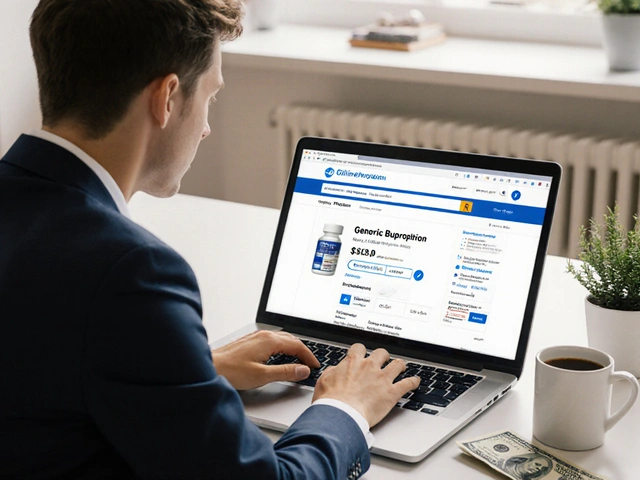FDA Facility Inspections: How the Agency Ensures Quality in Manufacturing
December 3 2025Muscle aches: quick fixes, common causes and when to get help
Muscle aches happen to everyone. Sometimes they’re from a tough workout, other times a virus or stress. The good news: most muscle pain gets better with simple care at home. This guide gives clear, practical steps you can try right away and tells you which warning signs mean it’s time to see a clinician.
Common causes and what they feel like
Know the cause and you’ll treat it smarter. Here are the usual suspects:
- Overuse or strain — sore, tight, sometimes sharp after lifting, running, or a new activity.
- Delayed onset muscle soreness (DOMS) — dull, stiff pain 24–72 hours after intense exercise.
- Viral infections — widespread aches plus fever, chills, or fatigue (flu, COVID-like illnesses).
- Injury — bruising, swelling, or weakness after a fall or twist.
- Chronic conditions — fibromyalgia, arthritis, or medications can cause ongoing muscle pain.
Match the feel and timing of your pain to these patterns to choose the right first steps.
Fast at-home fixes that actually help
Try this simple plan in the first 48–72 hours:
- Rest and modify activity. Avoid the movement that caused the pain but keep gentle motion—complete immobility can make stiffness worse.
- Ice then heat. Use ice for the first 48 hours if it's a new injury (20 minutes on, 20 off). After 48 hours, switch to heat to loosen tight muscles.
- OTC pain relievers. Ibuprofen, naproxen or acetaminophen can ease pain. Read the label and follow directions; ask a pharmacist if you’re unsure.
- Topical options. Gels or creams with diclofenac or menthol can cut pain without systemic effects. Rub them on the sore spot as directed.
- Gentle stretching and movement. Simple moves—neck tilts, calf stretches, and shoulder rolls—reduce stiffness. Stop if a stretch makes pain worse.
- Hydration and sleep. Being hydrated and well-rested helps muscles recover faster. Consider a light magnesium supplement if a doctor suggests it.
If you order meds online, use trusted pharmacies and check reviews—your pharmacist can advise on interactions and safe dosing.
Red flags — see a doctor now: sudden severe weakness, high fever, a swollen hot joint, difficulty breathing, dark urine, or pain after a major injury. Also get checked if pain lasts more than two weeks despite home care.
Small changes—proper rest, the right OTC option, and a few stretches—often fix muscle aches. If you’re unsure, a quick call or chat with a pharmacist or your doctor clears things up fast.
 29 Apr
29 Apr
Understanding the Causes of Muscle Aches: A Comprehensive Guide
In my latest blog post, I've delved deep into understanding the causes of muscle aches and provided a comprehensive guide to help everyone out there. We discussed various factors such as muscle strain, dehydration, and even medical conditions that contribute to muscle soreness. It's essential to identify the root cause in order to find the best treatment and relief. The blog also covers preventive measures and practical tips to avoid muscle aches. So, give it a read and say goodbye to those annoying muscle pains!
Read More...




